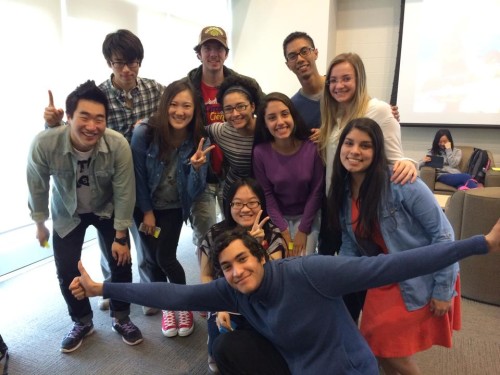-Camilo Moreira – CAPES funded student with the Canada-Brazil Ciência sem Fronteiras (Science without borders) Scholarship Program
No, I don’t speak Greek, but it may have seemed like that when I first started learning English! I can assure you that my English has greatly improved since my first day in Canada when someone first said this idiom to me. When people say “It’s all Greek to me”, they mean they don’t understand what you just said. That is what the woman who helped me at the airport upon my arrival in Canada said to me because she didn’t understand what I was saying. I had all the words in my mind, all the questions, all the details and I knew what I wanted to say, but I didn’t have much experience actually speaking to anyone in English.
But this is what I learned during my time in Canada: Learning a new language is not a monster to be fought, but domesticated. No wild creature or language is docile until you start understanding it. When you first start learning a language, it is hard for anyone. New groups of words will show up every day, along with new sounds and new expressions. But don’t be afraid of all the new information you will face – you do not need to know everything about a new language. No one does. You just need to understand what people mean and vice versa.
Here are my tips for studying another language:
- Make a list of important new words. Don’t make a list for every new word you face, but write down words that you see often and you think will contribute to your vocabulary. Revise your list once a week or once a month and study the words you have forgotten.
- Watch TV or movies with friends. Like I said before, no one knows everything about a language and jokes or expressions can be especially difficult to understand. I suggest watching TV or movies with your friends because they can help explain some of the expressions that you don’t understand.
- Meet people. Knowing more people increases the number of interactions and conversations you will have every day. You will talk more often and about different things, increasing your vocabulary and confidence! Eventually, you will meet friends of friends and your network will keep increasing.
- Make people meet you. If you are good at something such as math or cooking, you can share your knowledge with other people. As hard as learning a new language is, teaching in the new language is a great way to practice your language and have fun. Volunteering is also a great thing to do and you will meet a lot of new people.
Finally, I want to say that I had a great time while studying English as a Second Language (ESL) at Brock University. I think most of the confidence that I have today to write and speak in English is because of my experience there. My excellent grades during the ESL program and in my courses at the university are a combination of my hard work and their professionals’ dedication to their students’ success. Thank you!
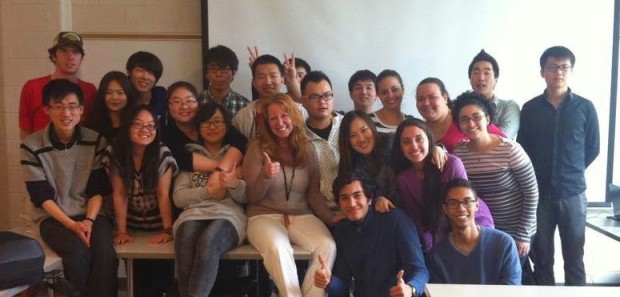
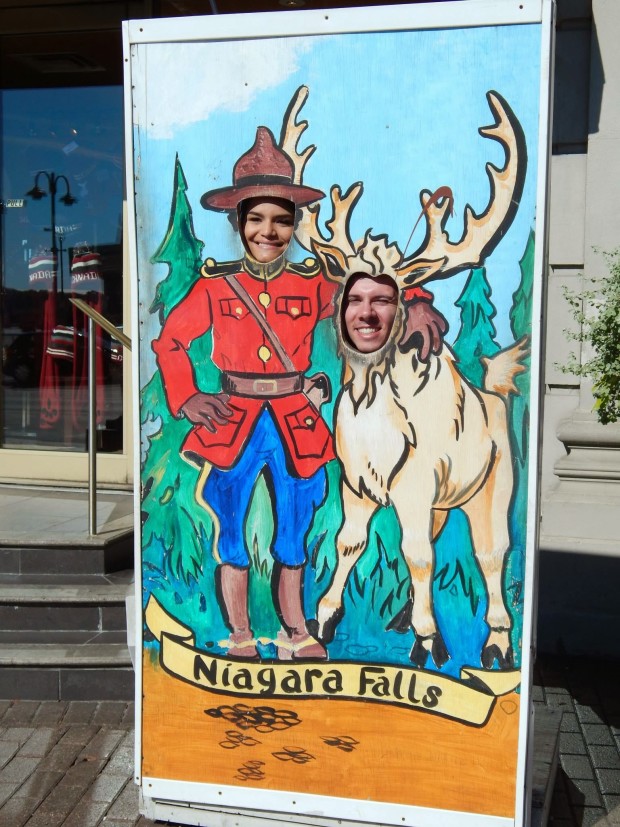
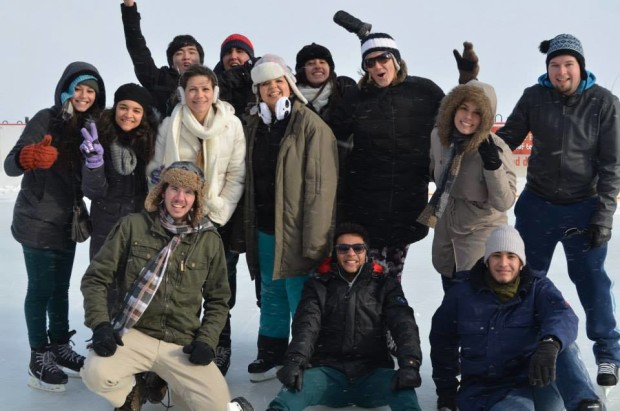
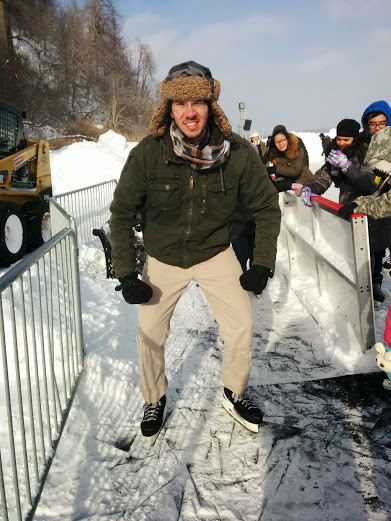
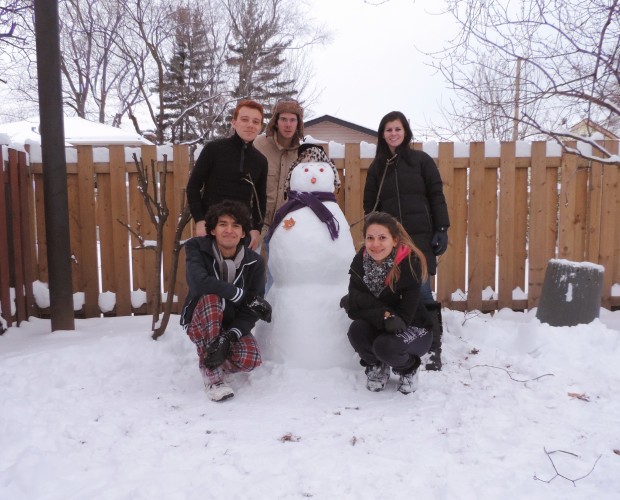
Name: Camilo Moreira
Scholarship Program: CAPES funded student with the Canada-Brazil Ciência sem Fronteiras Scholarship Program
Field of study: Computer Science
University in Canada: Brock University
University in Brazil: Universidade Federal de São Carlos

